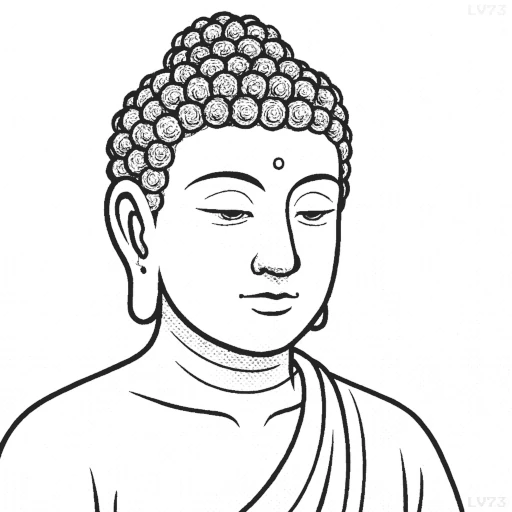“We are shaped by our thoughts; we become what we think. When the mind is pure, joy follows like a shadow that never leaves.”

- 7th century BC to 5th century BC
- Indian
- Religious leader, thinker
table of contents
Quote
“We are shaped by our thoughts; we become what we think. When the mind is pure, joy follows like a shadow that never leaves.”
Explanation
This quote highlights the powerful role of thoughts in shaping both our character and our experience of life. It suggests that our thoughts are the foundation of who we become—our actions, attitudes, and emotions are all influenced by what we think. If our thoughts are pure, meaning they are free from hatred, greed, or ignorance, then we naturally experience joy, just as a shadow follows its source. This joy is not fleeting but remains constant, as long as the mind stays aligned with virtue and peace.
In modern life, this message encourages us to be mindful of the thoughts we cultivate, as they directly impact our emotional state and behavior. For example, by practicing positive thinking, gratitude, and mindfulness, we can foster a more joyful and fulfilling life. On the other hand, dwelling on negative thoughts or resentment can lead to feelings of stress, anxiety, and dissatisfaction. A person who consciously works to purify their thoughts through meditation, self-reflection, and ethical living can experience a profound sense of inner peace and joy that remains unaffected by external circumstances.
Historically, Buddha’s teachings focused on the importance of mental purity as a path to enlightenment. He taught that the mind, when free from impurities and negative emotions, leads to true happiness. Through practices such as meditation, one can train the mind to be focused, compassionate, and wise. The resulting joy is a natural byproduct of a clear and peaceful mind, which is central to Buddha’s vision of living a life free from suffering and full of lasting contentment.
Would you like to share your impressions or related stories about this quote in the comments section?



